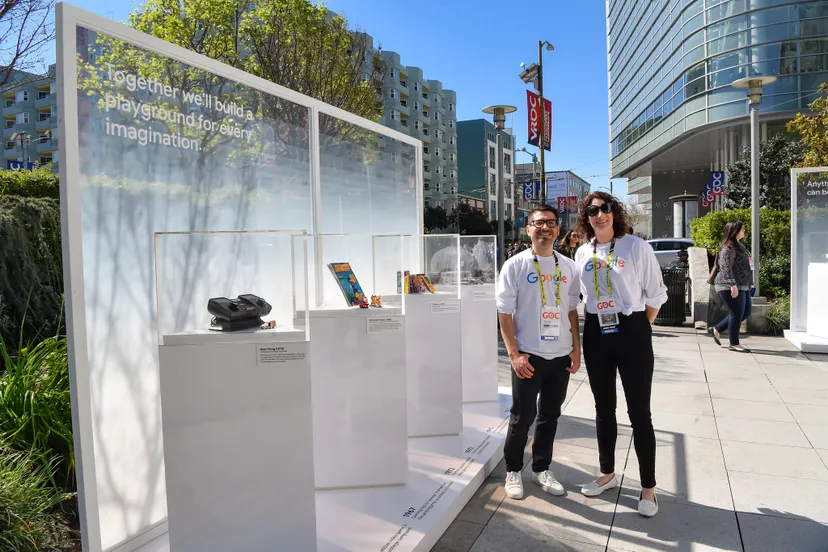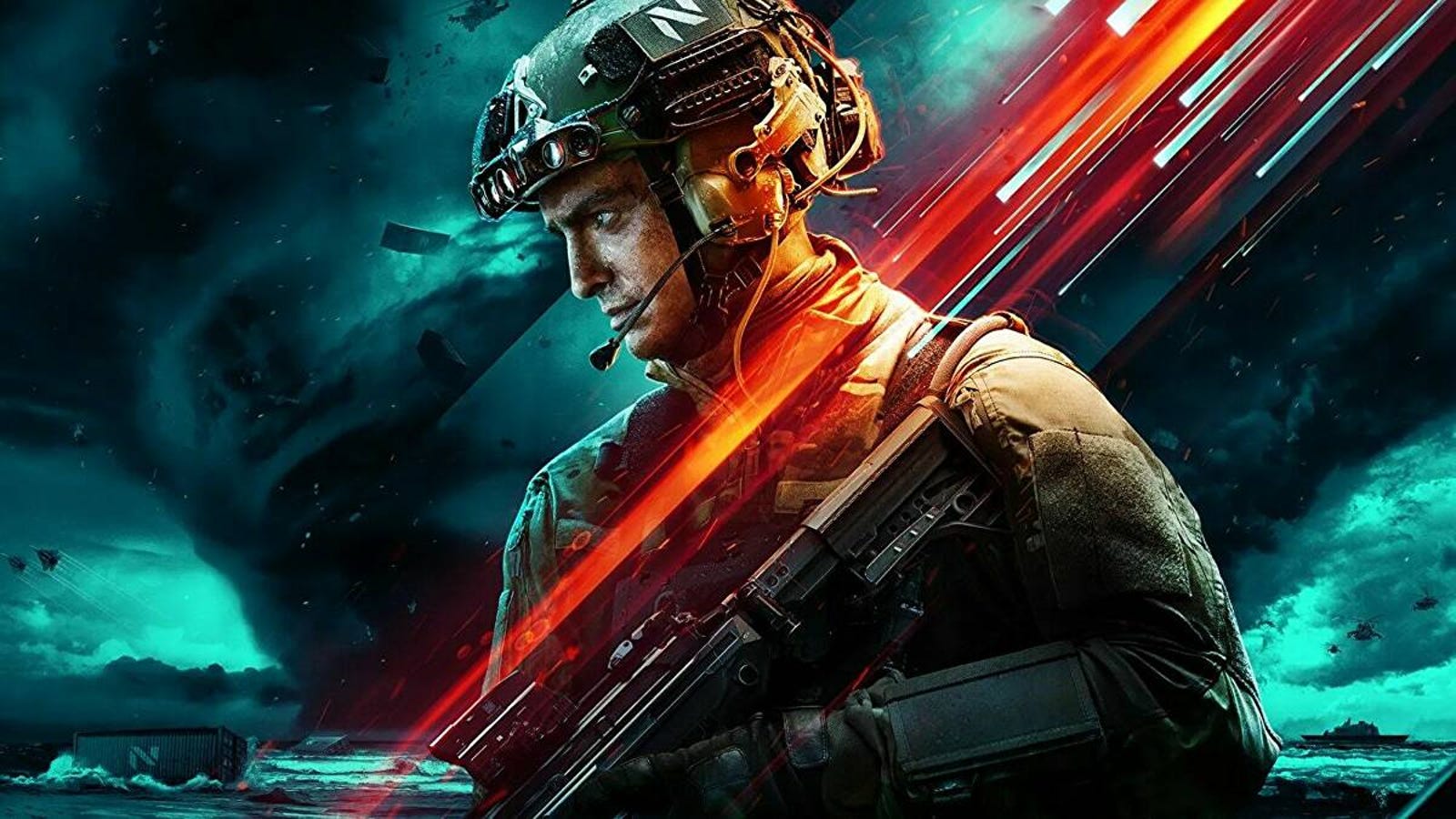Google Stadia, the cloud game platform introduced by Google at GDC 2019, is shutting down. Its sunsetting in January 2023 will put an end to about four years of speculation on if the tech industry giant could become a major power player in the video game space.
The answer: it couldn’t.
If you listened to the critics over the last few years, today’s news was inevitable. Google has a history of spinning up interesting products, only to shut them down a few years later. When you look at the company’s track record, it’s been a long time since it launched a major new product (remember when Google was going to be a major player in virtual reality?).
With Stadia, Google had every opportunity to break tradition, but instead history just repeated itself. You might think this is the free market at work—I’d just call it old-fashioned mismanagement. Google has no one but itself to blame for misfiring this badly.
What did Google get right with Stadia?
There were reasons to be optimistic about Google Stadia after it was unveiled. First, it was impressive enough that the product worked (even if it wasn’t always perfect). We now know that cloud computing-based game platforms have consumer appeal, and Google making it possible to play games like Assassin’s Creed Odyssey or 2016’s Doom on low-end devices was a major technical achievement.
It’s obviously not fair to judge Stadia’s founders based on information clear to us in 2022, but we can praise them for getting two ideas correct:
- Players do want to play high quality games on cheaper, low-end hardware.
- Players are willing to shell out for a monthly subscription to do so.
Stadia made two big mistakes based on these facts.
- Players are not interested in purchasing a new cheap, low-end device for these games—they already own smartphones.
- Players do not want to pay one monthly subscription for permission to have to pay full price for games on the platform (or pay for a second subscription to access a limited library of games).
Xbox Cloud Gaming on Xbox Game Pass gives us a pretty clear indication of what players are willing to put up with: they’re fine dealing with the latency if it’s not the primary way they access their games, and they’re fine paying for a subscription service when the library is dense and has some exclusive offerings.
It’s not clear if Google could have pivoted to treat Stadia as a Game Pass competitor—doing so may also have been a doomed effort, since Game Pass is still an auxiliary service of Xbox Live and the Xbox hardware business. Stadia would have needed more features to truly make itself distinct.
Google did distinguish Stadia by building a model for developers to collect revenue based on how long Stadia Pro users streamed their games. And it had a dedicated audience of users who wanted to play those games. But it ultimately showed it had no idea how to build its audience, and now it’s broken trust with developers and players alike.
What did Stadia get wrong?
Ever since Google wrapped up its GDC 2019 announcement, the Stadia team seemed to step on a never-ending series of rakes, only rivaling Sideshow Bob for the number of blunders.
Stadia’s 2019 E3 presence failed to show any major additional features or games that players could expect. When the platform launched later in the year, it was missing features it had promised in the months before.
Google did a decent job lining up game industry veterans like Phil Harrison, Jade Raymond, and Alex Hutchinson as key leaders for in-house game development. Then it kicked Raymond and Hutchinson to the curb when it decided it didn’t want to invest millions of dollars on games that wouldn’t release for several years.
That left the company with no in-house talent making games on its platform. If we only cared about the company’s commercial prospects, that would be bad enough. But that meant there were no developers making content that could improve Stadia’s engineering.

After ditching fantasies of competing directly with Xbox and PlayStation, you’d think Stadia leadership would have worked to pivot the platform to be best-positioned as either an extension of the platform-neutral PC game market, or a way to convert Google Play users into customers of games that normally ship on PC and console.
It did neither—the most effort appeared to be in building Stadia’s capabilities as a white-label product, and in trying to lure in players through (admittedly very neat) timed game trials.
There still seemed to be hope that Stadia could still be a kind of cloud-based alternate video game market. But if the audience it was targeting was already satisfied by some mix of PC and console devices, why would they ever turn to a product that risked ruining the experience through latency?
Google’s video game heyday is over
It’s very doubtful that Google will spend as much money investing in the video game world for a long time, if ever again. CEO Sundar Pichai has joined the ranks of Silicon Valley CEOs warning of an impending recession, and is currently shaking a stick at employees, demanding that they spend less money.
(Would Pichai or any of his executive underlings take any kind of pay cut were such spending changes required? I doubt it.)
Plenty of surviving leaders at the company will pin this failure on market misalignment. Maybe they’ll just write the video game industry off as being fickle and not worth the investment. Even if they’re right about those topics, they’d do well to look themselves in the mirror and recognize where Stadia’s problems started: at the top.
Stadia’s best shot at competitive viability was the possibly of peeling off customers from Microsoft and Sony PlayStation as the next console generation went underway. Maybe there would be players who wouldn’t want to drop over $500 on new hardware. Maybe plenty of them would shrug off a lack of access to exclusive titles like Halo or Marvel’s Spider-Man.
But Microsoft and Sony understood the market. Microsoft beat Google to its own game, providing more accessible methods of playing its games than ever before, and Sony went hard on the platform exclusives, even going so far as to begin offering them on PC.
Did Google think it could truly compete with those platforms? Did it only set out with one strategy—to compete directly with Xbox and PlayStation? Why was it willing to launch with missing key features? Why was it not prepared for the high costs of triple-A game development? Why did it build itself such a narrow path to success?
The answers to those questions don’t like in the whims of the video game marketplace, they’re inside Google HQ in San Francisco.
Note: This article have been indexed to our site. We do not claim legitimacy, ownership or copyright of any of the content above. To see the article at original source Click Here













